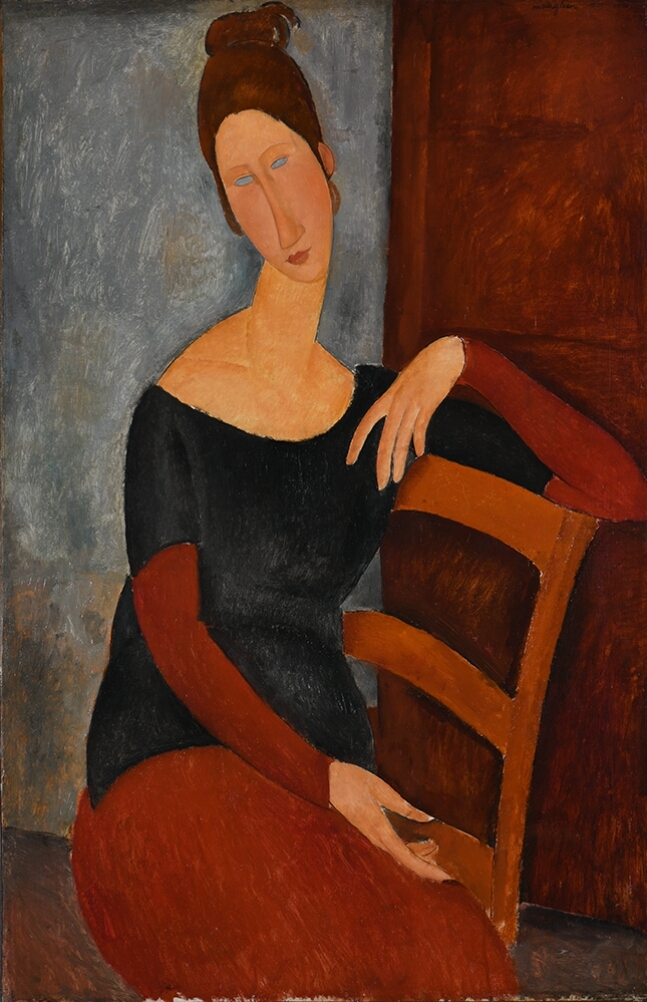This month, I offer a lovely poem, the sixth in a series, by Adele Ne Jame, a first-generation Lebanese American who has lived in Hawai’i since 1969. She has written extensively about Hawai’i and Lebanon in her poetry collections, including Field Work, The South Wind, Poems, Land and Spirit, and in her new manuscript, First Night at the Beirut Commodore and Other Poems. She has taught poetry at the university level in Hawai’i since 1986, and she has served as the Poet-in-Residence at the University of Wisconsin-Madison. Her work has been published in journals such as the Georgetown Review, Ploughshares, Atlanta Review, Nimrod, the Denver Quarterly, Poetry Kanto, and the Notre Dame Review. Her many awards include a National Endowment for the Arts in Poetry, a Pablo Neruda Poetry Prize, a Robinson Jeffers Tor House Prize and an Eliot Cades Award for Literature. Her poems have been exhibited as broadsides at the Sharjah/ Dubai International Biennial, UAE and at the Arab American National Museum, Dearborn, Michigan.
The subjects of the poem below are painter and sculptor Amedeo Modigliani (1884-1920) and his common-law wife Jeanne Hebuterne (1898-1920). The painting depicts Hebuterne, whom Modigliani immortalized in some 20 portraits.
In the poem, the speaker urges Modi, the nickname used by Modigliani’s friends, to leave the café where he is drinking wine and drawing sketches and go to Hebuterne, his muse and lover, his “haven of rest” that is a “fast fading apparition,” for death will come all too soon for them both. In describing this woman with the “magnificent dark hair” as Modi’s beloved, the speaker likens her to Cereus, the flower whose fragrant blossoms appear only at night, and as his “bright star,” a reference to the sonnet John Keats wrote in 1819 to his beloved Fanny Brawne. In another reference to Keats, this time as the “master,” the speaker implores Modi to “lay the rain-soaked words of the poet [Keats] around her”: “This living hand now warm and capable of / earnest grasping if it could.” This short poem, “The Living Hand,” also addressed to Fanny, suggests a parallel between the tragic lives of the Romantic poet and the painter. Both died young of tuberculosis (Modigliani of tubercular meningitis), cutting short intense love affairs with devoted women. After Modigliani died, grief-stricken Jeanne Hebuterne threw herself from a fifth-floor window, killing herself and her unborn child. “While you can,” urges the speaker to Modigliani, “whisper your own La Vita Nuova to her,” a reference to the passionate account of the love of Dante Alighieri (c.1265-1321) for Beatrice. Once painter and muse are gone, all that will be left are a tomb in Pere Lachaise Cemetery in Paris where they “repose together,” with Hebuterne’s epitaph proclaiming, “devoted companion to the extreme sacrifice,” and the “silent beauty” of her portrait.
This poem was first published in The Ekphrastic Review, April 2024.
The editorial assistance of Cathy Chance Harvey, PhD, of Tylertown, in the preparation of this poem is gratefully acknowledged. Physicians are invited to submit poems for publication in the Journal either by email at drluciuslampton@gmail.com or regular mail to the Journal, attention: Dr. Lampton.—Ed.
Modigliani, While You Can
for Jeanne Hebuterne, devoted companion to the extreme sacrifice
Someone might have said go to her tonight,
say something tender– like her voice is
a faint tune in the wind you always hear.
She is your bright star burning
in the night sky. Shower her
with your words, not only lavish
paint on canvas. She is like
the stunning Cereus–
queen of the night, you know, Modi,
the gorgeous one that spirals toward
the heavens, the one with a myriad of blooms
that intoxicates the air you breathe
every minute. Whisper it
even while she sleeps. Lay a garland of
violets around her shoulders while
her magnificent dark hair falls over
her pillow in the cold Paris wind
that sweeps through her open window.
You don’t know that she,
your haven of rest,
is a fast-fading apparition,
the one you will long for
in your last hours.
So, again lay the rain-soaked
words of the poet around her—
from the master:
This living hand now warm and capable of
earnest grasping would if it could—
or whisper your own
La Vita Nuova to her. While you can,
Modi, leave the raucous midnight café,
your sketches of friends at crowded tables,
the bottles of fine Beaujolais and go to her.
Your death masque will come soon enough,
yours first, then keeping the pact, hers
so quickly following you—
Your friends will come soon enough
to lay bewildered flowers
on the sidewalk below her window
after her swoon to death there–
hers and your unborn child’s.
Then all the roses and violets
piled there will wash away
in a flood of night rain–
so that all we will have left,
will be your repose together
finally at du Pere Lachaise
and her blurred, immortal blue eyes,
too beautiful, too intimate to paint,
your muse, called wife,
so filled with love and desire for you.
Then only her silent beauty
on your canvas–
will be left behind to break our hearts.
—Adele Ne Jame
Honolulu, Hawai’i




